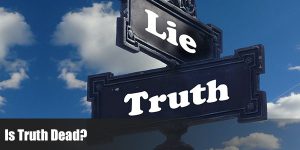We hardly need reminding of the wave of scandals that shattered the public’s faith in corporate leaders: the 2008 global financial crisis, the Enron bankruptcy, the Challenger explosion, the Fukushima nuclear disaster, the sinking of the Costa Concordia cruise ship in 2012.
Trust is a measure of the quality of a relationship – between two people, among groups, or between a person and an organization. In totally predictable situations, trust is usually a given. When you know exactly what to expect, there’s no need to make a judgment call.
Quite frankly, from what I can see in the work I do coaching, many leaders are basically trustworthy as individual human beings. But in organizations with a hierarchy, power incongruities and pay differences, perceived trust is fragile.
In addition, the turbulence created by outsourcing, mergers, downsizing and radically changing business models provides a breeding ground for distrust. In uncertain economic times, it doesn’t take much to trigger fear and insecurity that can erode trust.
What about in your organization? Are your leaders perceived as trustworthy? I’d love to hear from you, leave a comment.

Creator of the KASHBOX: Knowledge, Attitude, Skills, Habits
Helping You Realize Your Potential
I help people discover their potential, expand and develop the skills and attitudes necessary to achieve a higher degree of personal and professional success and create a plan that enables them to balance the profit motives of their business with the personal motives of their lives.











